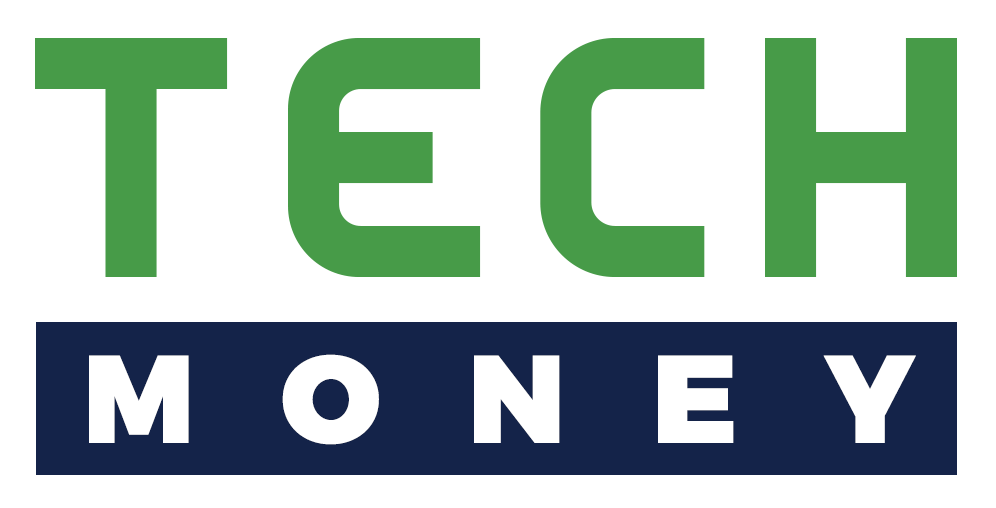Every year, somewhere between January 1st and April 15th, millions of Americans work their way through the five stages of grief as they prepare and file federal and state tax returns with the Internal Revenue Service (IRS). And although, for a very small few, this time of year can bring about feelings of elation, for most, it is an unwelcomed source of stress and anxiety. This variance of emotions exists because during this season, the government determines whether you have either under or overpaid your annual tax bill.
Neither scenario is all that great. If you underpaid, that means you will end up paying the government to cover any taxes due as well as any applicable penalties for late-or-under-payment. However, if you overpaid and are due a refund, it is also not an ideal situation because you could have kept that money throughout the year and either saved or invested it rather than allowing the government to hold onto it as an interest-free loan.
In general, there are two options available to help taxpayers complete and submit their annual tax return. On one hand, there is the option to self-prepare your return. There are several software tools designed to help make that easier. Filing your own taxes requires hours of locating, sorting through, and preparing documents; checking and re-checking math; and a few intense google searches. And in the end, you still can end up missing a key item or two that makes all the difference in owing the government or them owing you. On the other hand, there is the option to hire a professional to do all the work for you instead.
Tax preparation software can often be a great alternative to hiring a tax professional and is sometimes the better choice. For those who have a straightforward tax situation with only one- or two-income sources and few deductions, basic tax preparation software services are created with you in mind. Good tax preparation software is designed to walk you through the process quickly and easily with guided questions about the previous year.
Since nearly every financial transaction includes some sort of tax component, the more transactions you have throughout the year, the more things you will need to take into consideration. Decide whether you plan to itemize deductions for things such as mortgage or student load intertest, large medical bills, state and local taxes paid, or gifts to charity. If enough of those apply to you, you will likely end up itemizing your taxes. Itemizing refers to the process where a taxpayer opts to choose from an à la carte menu of individual tax deductions available that year rather than using the simpler, flat-dollar standard deduction offered by the IRS.
In a year of a major life event such as getting married, buying a house, or having a baby, you will likely want to have someone experienced show you how to report them. Such life events all impact your tax filing tremendously, and the first time you document them on your taxes can have an outsized impact on your future filings. Keep in mind there is no rule that says once you have elected to work with a professional to file your taxes, you are not allowed to go back to self-preparing the following year.
When you make the decision to hire a tax professional, be sure that you choose one who has a level of experience and specialization that suits your needs. Some accountants are general practitioners, where others specialize in working with small businesses, non-profits, or expats living overseas, for example. The two most popular professional credentials for tax professionals are Certified Public Accountants (CPAs) and Enrolled Agents (EAs). The IRS holds CPAs and EAs to a high standard and often audits professionally prepared returns less frequently.
CPAs are considered the gold standard when it comes to tax preparation. They are licensed accounting professionals who typically possess a graduate degree in accounting, have studied for and passed the rigorous CPA exam, and have achieved significant experience in the field. While CPAs are trained in a variety of accounting procedures, such as audits and preparing complex financial documents, some of them will also perform tax preparation tasks. In contrast, EAs are trained specifically in the laws and procedures that govern tax preparation. For this reason, EAs tend to be the less costly option of the two.
Generally, when someone chooses to self-prepare their taxes rather than hire a professional, it is in the interest of saving a few dollars in associated fees. However, in addition to simply filing on your behalf, a professional preparer can answer questions, research the tax code, and help you navigate complex issues that may be unique to your personal situation. They may also represent you in front of the IRS in case of audit, or simply serve as your personal representative in the event that the IRS has any clarifying questions regarding your return.
In 2019, the National Society of Accountants reported that tax professionals charged an average of $188 for a regular Form 1040 with no itemized deduction and a state return. The price jumped to $294 for those who itemized their deductions and tacked on an additional $187 for self-employed individuals who had to file a Schedule C. This average rate says nothing of regions with higher costs of living or those with more unique and complex tax situations. However, it does serve as a solid guide when comparing the cost of going it alone to hiring out.
If you do decide to hire a professional, there is a time savings advantage as well. The IRS estimates that you will need to set aside 16 hours to complete a Form 1040. So, if it takes you 16 hours to prepare and file your taxes, and your time is worth $100 an hour, that imputes an equivalent cost of $1,600 to prepare your taxes yourself. And that is assuming that there are no errors. If the IRS suspects errors or requires proof of deductions, you may be asked to provide back-up documents to prove your numbers and/or amend the return.
A small mistake, such as entering a deduction on the wrong line, can be the difference between you owing the IRS or them owing you. Therefore, when you are younger and/or your tax situation is presumably simpler, the online tax filing software likely makes the most sense. However, when you are a bit older and your financial life becomes more complex, you are likely better off spending a few extra dollars for a professional to make sure that your taxes are prepared correctly the first time so that you have nothing to worry about. The more complicated your tax situation gets, the more costly even the simplest error can be.

